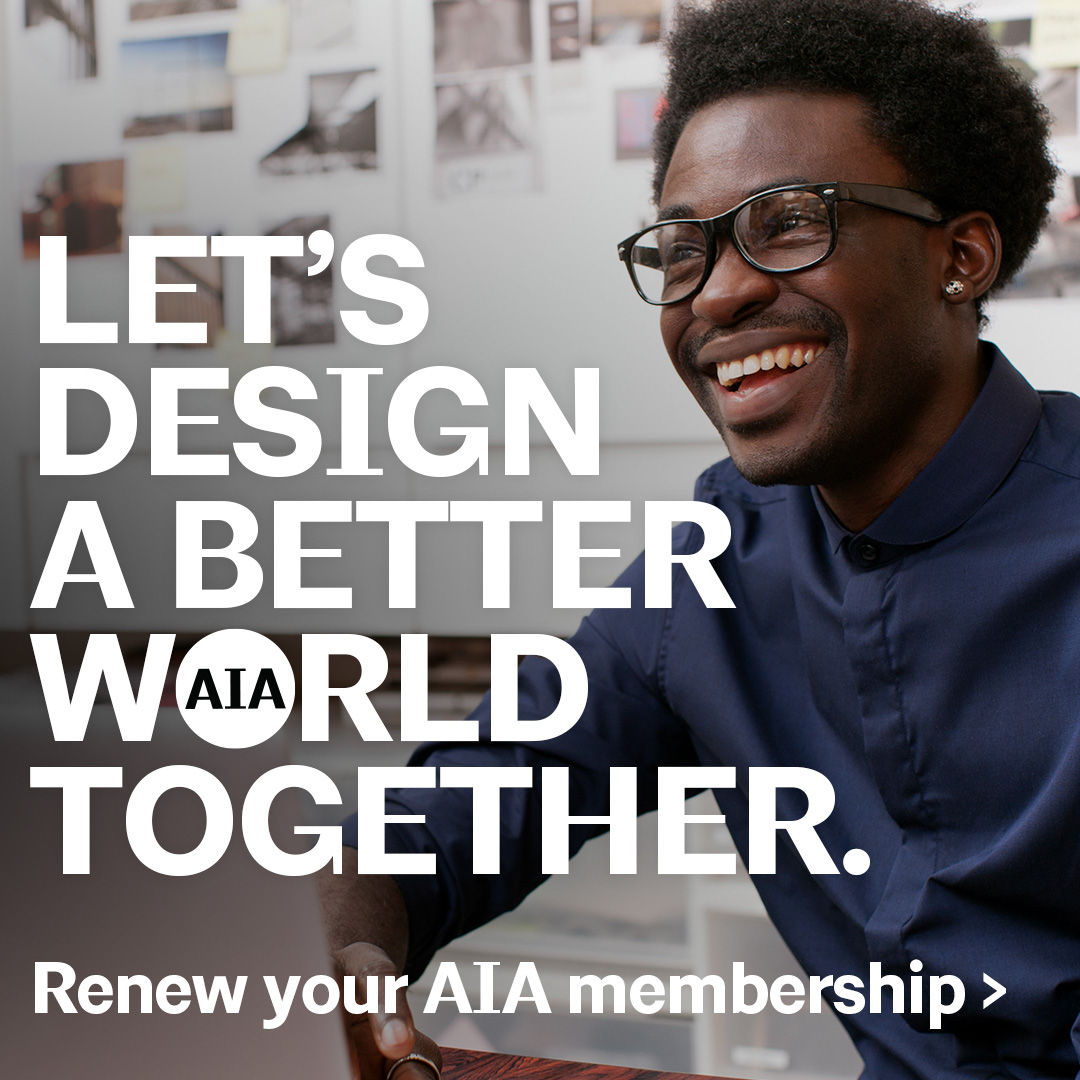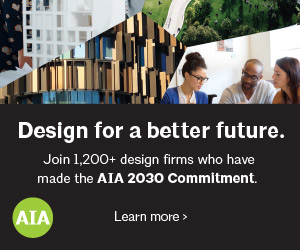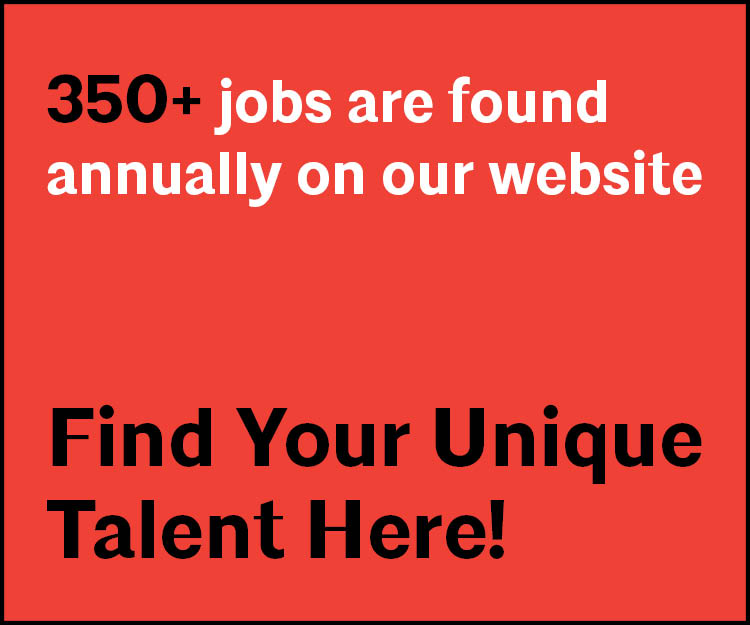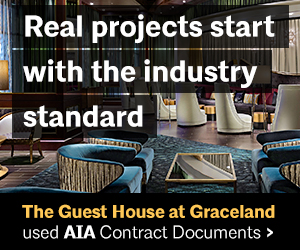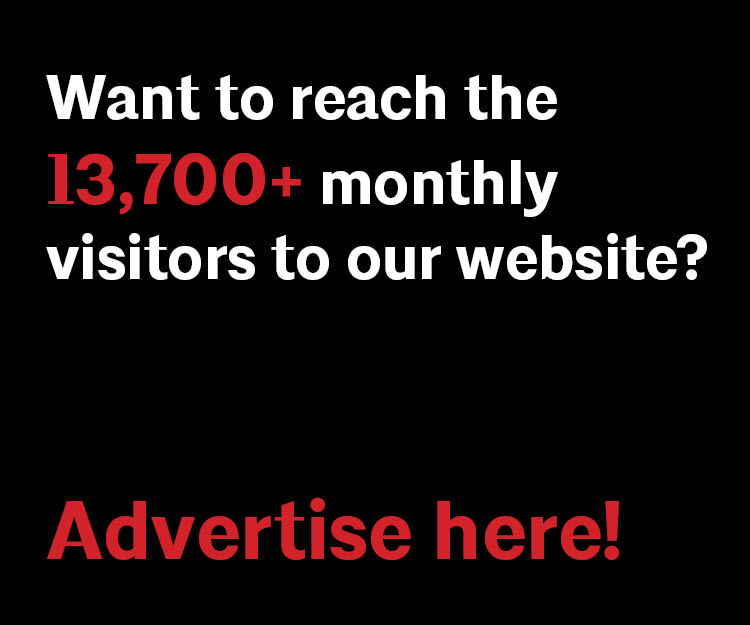
Decoded | 2018 IBC Update Redux
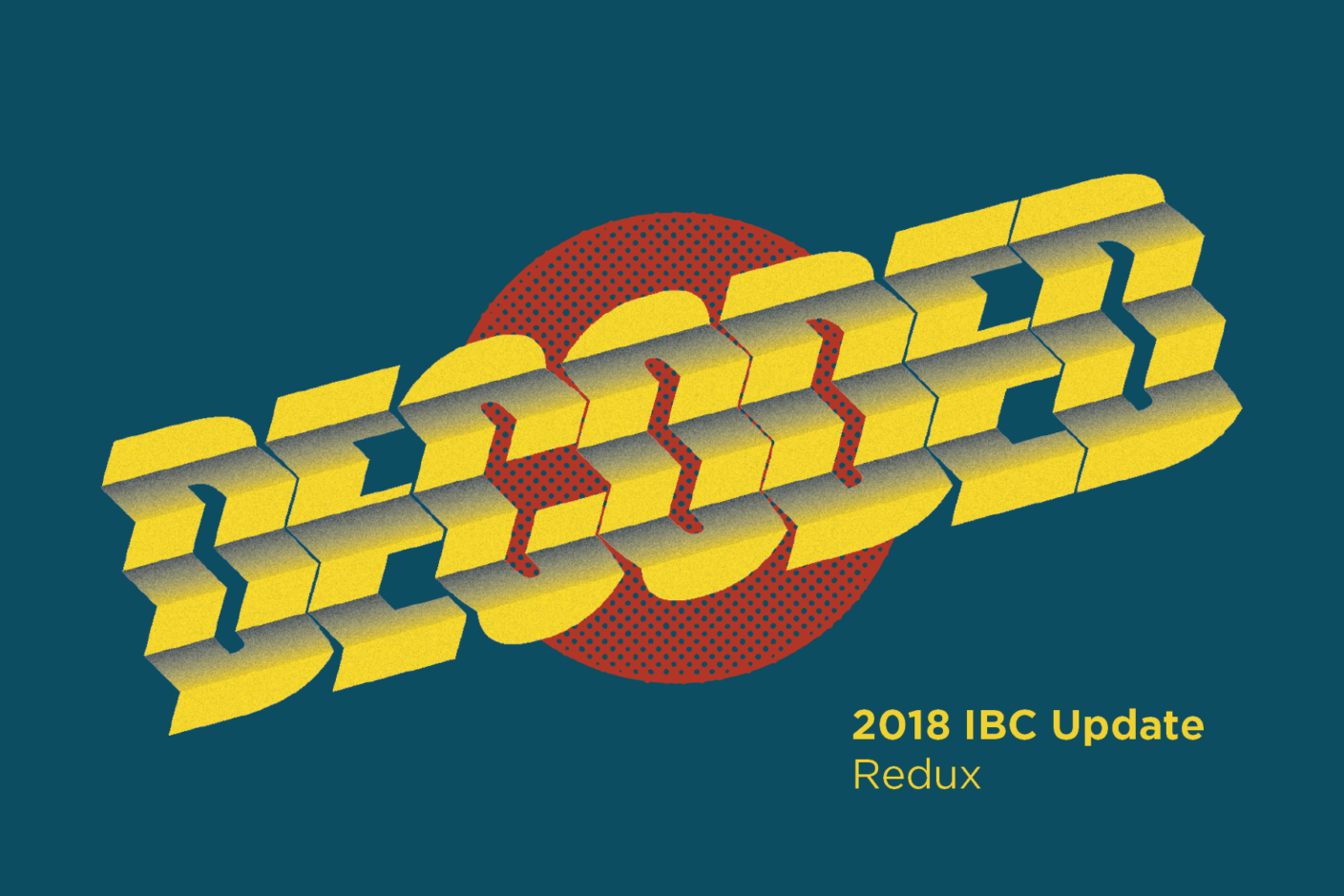
This is the second session in the 2021 Decoded series presented by AIA Seattle’s Code Committee.
The 2018 International Building Code came into effect in Washington February 1st, 2021. This seminar reviews important changes in code requirements that affect projects in the state permitted after the effective date of code adoption. New requirements address important topics such as rooftop occupancy, energy systems such as photovoltaic arrays and battery energy storage systems, changes in use group definitions, new occupant load factor for business uses, and new limits on the use of fire walls. A portion of the second day will be spent covering key code requirements for design of occupied roofs. We will highlight design challenges in meeting code provisions for occupied roofs and will explore potential code-based solutions.
Join us online April 28 and April 29, 2021 (12-2pm each day) for Decoded | 2018 IBC Update Redux. Register below and look for information regarding online event access in your confirmation email and subsequent email communications.
Registration Deadline: Tuesday, April 27, 5:00pm PT.
This is a 2-day program. Participants must attend the live webinars both days in order to receive continuing education credit or a certificate of completion. All registration and credit questions can be directed to Zoe Guckenheimer.
SCHEDULE
Wednesday, April 28, 2021 | 12:00 – 2:00pm PT | Webinar
Thursday, April 29, 2021 | 12:00 – 2:00pm PT | Webinar
All sessions and speakers subject to change.
COST
Includes continuing education credit (4 AIA LU HSW)
$100.00 AIA Member
$100.00 Government + Partners
$50.00 Associate
$25.00 Student
$175.00 Non-Member
Reduced rate options are available. Please submit the Continuing Education Scholarship / Reduced Rate Request form via email by Friday, April 23, 5:00pm PT.
SPEAKERS
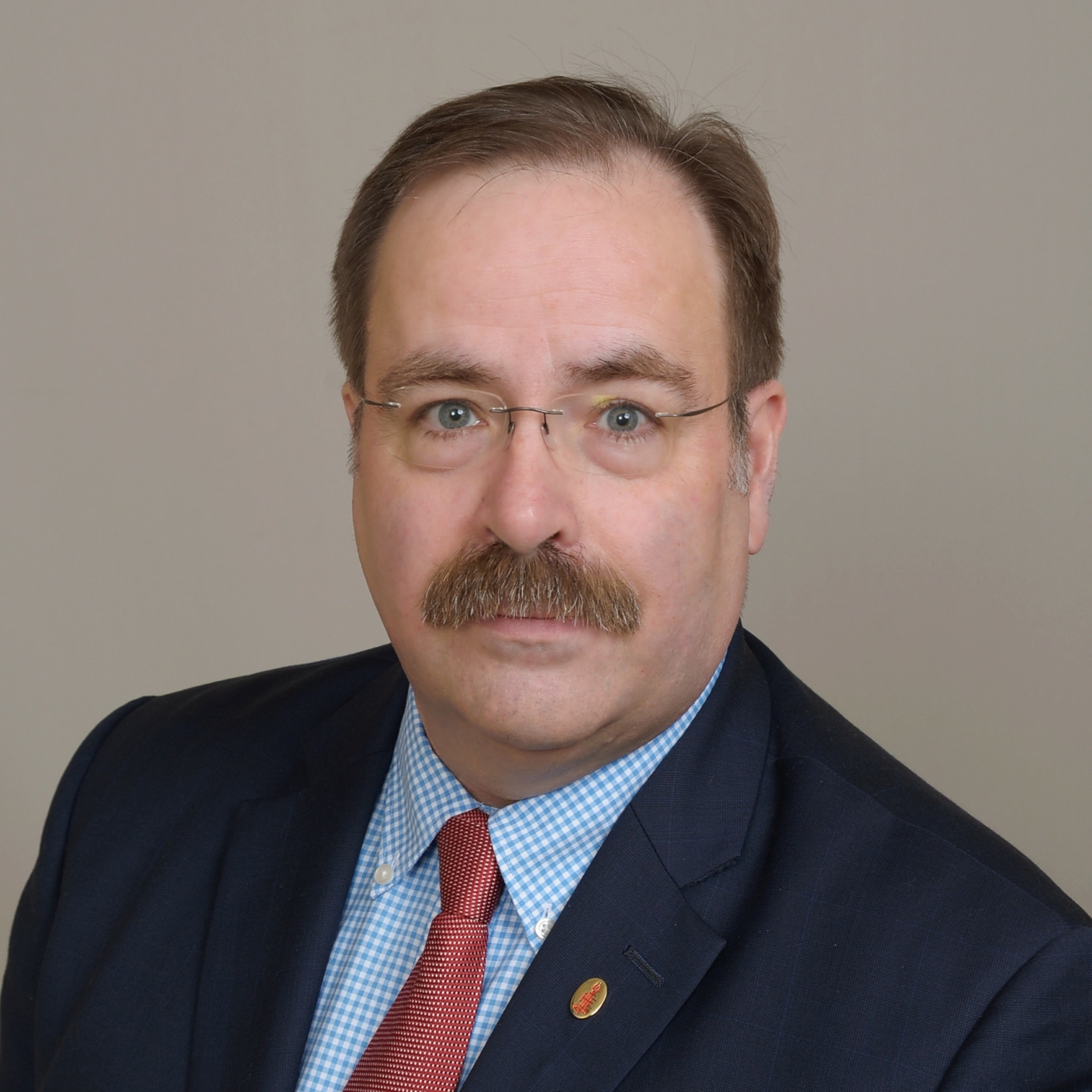 Mark Chubb, Principal Analyst, Code Unlimited | Mark is a certified fire protection specialist and senior analyst with Code Unlimited. He was the author of the first commentary on a U.S. national model fire code, and is a former contractor and employee for two of the legacy code organizations that preceded the ICC. He was a staff liaison to the committees responsible for developing the first drafts of the International Fire Code and the fire protection requirements of the International Building Code. He is an experienced fire service officer who has held senior executive positions in the U.S. and New Zealand. He has also worked with the Bangladesh garment industry to remediate structural, electrical, and fire safety deficiencies in export-oriented factories. Mark is a fellow of the Institution of Fire Engineers and the current lead of the Institution’s International General Assembly.
Mark Chubb, Principal Analyst, Code Unlimited | Mark is a certified fire protection specialist and senior analyst with Code Unlimited. He was the author of the first commentary on a U.S. national model fire code, and is a former contractor and employee for two of the legacy code organizations that preceded the ICC. He was a staff liaison to the committees responsible for developing the first drafts of the International Fire Code and the fire protection requirements of the International Building Code. He is an experienced fire service officer who has held senior executive positions in the U.S. and New Zealand. He has also worked with the Bangladesh garment industry to remediate structural, electrical, and fire safety deficiencies in export-oriented factories. Mark is a fellow of the Institution of Fire Engineers and the current lead of the Institution’s International General Assembly.
 Samir Mokashi, Principal, Code Unlimited | For over 25 years, Samir Mokashi, Principal with Code Unlimited has led design teams through highly demanding programs, navigating complex designs, challenging budgets, fast track schedules, and rigorous regulatory requirements. The advantage of having worked in the US, Europe, Asia, and the Middle East is evident in the projects, large and small, that Samir leads or consults on. He has been involved in code development at local and national levels and authored several code alternates and variances that resolved complex issues, simply and effectively. The depth of his knowledge and strong communication skills have earned him wide respect from city and state officials, as well as designers, developers and architects.
Samir Mokashi, Principal, Code Unlimited | For over 25 years, Samir Mokashi, Principal with Code Unlimited has led design teams through highly demanding programs, navigating complex designs, challenging budgets, fast track schedules, and rigorous regulatory requirements. The advantage of having worked in the US, Europe, Asia, and the Middle East is evident in the projects, large and small, that Samir leads or consults on. He has been involved in code development at local and national levels and authored several code alternates and variances that resolved complex issues, simply and effectively. The depth of his knowledge and strong communication skills have earned him wide respect from city and state officials, as well as designers, developers and architects.
 Richard Pellinger, Technical Codes Manager, City of Seattle | Richard is currently the Technical Codes Manager for Seattle Department of Construction and Inspections. He is responsible for implementing technical policy and the Seattle Building Codes throughout the department. Prior to joining the City in 2007, Richard worked in Seattle with over 20 years of experience in building design and construction, including residential, mixed-use, and commercial work. Richard serves on the AIA Codes Committee and is a voting member for the ICC Code Development. In addition, he is a proud graduate of North Dakota State University.
Richard Pellinger, Technical Codes Manager, City of Seattle | Richard is currently the Technical Codes Manager for Seattle Department of Construction and Inspections. He is responsible for implementing technical policy and the Seattle Building Codes throughout the department. Prior to joining the City in 2007, Richard worked in Seattle with over 20 years of experience in building design and construction, including residential, mixed-use, and commercial work. Richard serves on the AIA Codes Committee and is a voting member for the ICC Code Development. In addition, he is a proud graduate of North Dakota State University.
All sessions and speakers subject to change.
LEARNING OBJECTIVES
- Describe the code change process that led to changes in the 2018 International Building Code and its adoption at the state and local levels in the State of Washington.
- Identify significant changes between the 2015 IBC and the 2018 IBC including Washington State and local amendments
- Explain the intended application and interpretation of new code requirements and significant changes to existing code requirements.
- Assess the impact of new and revised code provisions on projects permitted after the effective date of code adoption.
- An overview of new and existing code requirements for occupied roofs
SPECIAL THANKS TO OUR 2021 CODE SERIES SPONSORS

SPECIAL THANKS TO THE CODE COMMITTEE
Special thanks to the Code Committee for planning this series of sessions!
COMMITTEE CHAIRS:
Marc Chavez, AIA
Steve Dombrowski, AIA
Registration or Credit Questions?
Contact Zoe Guckenheimer, Program & Event Coordinator at AIA Seattle
Program Questions?
Contact Connor Descheemaker, Member Engagement Manager at AIA Seattle
Sponsorship Questions?
Contact Kristen Lound, Associate Director, Growth & Operations at AIA Seattle
